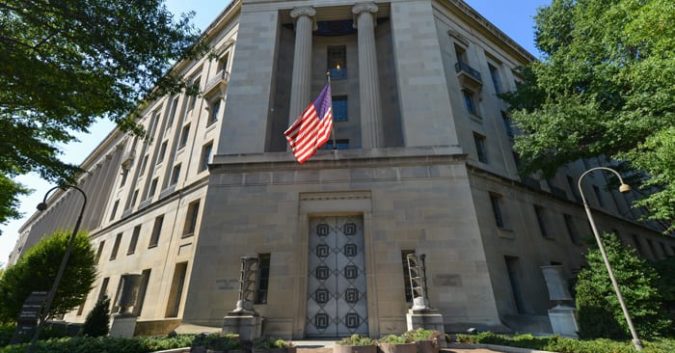On June 5, Mallinckrodt Pharmaceuticals reported that it has reached a tentative agreement with the Department of Justice (DOJ) relating to a pair of whistleblower investigations that began in 2012. Mallinckrodt will not admit wrongdoing, but it expects to pay $15.4 Million to resolve claims that it illegally promoted a drug by bribing doctors.
The deal is not yet finalized, and though the company is likely eager to close this chapter, the government is not.
On the same day the proposed agreement was announced, the Justice Department filed another False Claims Act complaint against Mallinckrodt, which alleges the company violated federal kickback laws in order to increase their profits.
Unlike the first case, in which the department’s claims centered on a fraudulent marketing scheme, the second focuses on a charitable organization that helps families make copays for expensive drugs. Through its ostensible misuse of this charity, Mallinckrodt made millions “giving away” prescriptions that the government had to reimburse.
Both cases are focused on a controversial product called H.P. Acthar® Gel. A specialty pharmaceutical that has been around since the 1950s, Acthar’s 97,000% price hike has rocketed the once-inexpensive drug to national attention.
For its part, Mallinckrodt contests the charges in the department’s new complaint, arguing that its conduct was lawful and appropriate.
Why Does Mallinckrodt Have to Pay $15.4 Million?
For most of its long history, Acthar was primarily used to treat infantile spasms (IS). The price of the drug was low and relatively constant, and its use was limited beyond the few thousand cases of IS that need to be treated each year.
In 2001, the rights to the drug were purchased by Questcor Pharmaceuticals Inc. At that time, an entire vial of Acthar cost roughly $40. By 2007, the price was $2,000 — and later that same year, Questcor raised the price to $28,000.
In order to keep doctors prescribing a once-inexpensive drug, the Justice Department claimed that Mallinckrodt used bribes. Additionally, sales staff were encouraged to market Acthar to doctors for uses and dosages that were not approved and had no basis in science.
Mallinckrodt purchased Questcor in 2014. According to the government, it allowed these deceptive marketing strategies to continue. The company has sought to distance itself from Questcor’s bad behavior, but it has continued to raise the price of the drug.
The current list price of Acthar is $38,892. By itself, the drug made up 35% of Mallinckrodt’s net sales in 2018. Given that there are much less expensive alternatives to Acthar on the market, it’s no surprise that 88% of doctors who regularly prescribe the drug receive industry payments.
Although the exact number is not settled, Mallinckrodt thinks that the expected number of $15.4 Million will be enough to resolve the bribery investigation. But questions remain.
Now that these activities have been brought to light, will the company still be able to charge nearly $40,000 for a medication that’s been synthesized reliably since the Eisenhower administration?
How Does a Company Make a Fortune by ‘Giving Away’ Medicine?
Bribery wasn’t the only way that Mallinckrodt was able to successfully inflate the price of Acthar, according to the Justice Department. The new complaint against Mallinckrodt describes a shell-game by which Questcor, and later Mallinckrodt, were able to deceive doctors, patients, and taxpayers in order to make massive profits.
If pediatric patients with infantile spasms do not receive Acthar (or a generic substitute), it can lead to serious complications down the line. Because the price of the drug is so high, many people are going to need help paying for it. Mallinckrodt conspired to use funds from charity organizations, which it supplied, to provide co-pay assistance to patients. This strategy allowed the company to market the drug as “free.”
If it sounds too good to be true, it probably is. Patients never paid for the drug, but the government did.
The heart of the Justice Department’s complaint alleges that Mallinckrodt “paid these subsidies to induce Medicare-reimbursed purchases of Acthar at its ever-increasing price and used the subsidies to counteract doctor and patient concerns about the drug’s high cost and to market the drug as ‘free.’”
Without the sleight of hand, no patient or hospital would have consented to pay a 5-figure sum with cheaper generics available. In the words of Assistant Attorney General Jody Hunt of the Department of Justice’s Civil Division, “Illegal inducements increase the costs paid by the American taxpayer and distort the market forces that otherwise could control those costs.”
Mallinckrodt calls the new complaints a mischaracterization of its charitable activities and has promised to defend itself vigorously. Hopefully the Justice Department will continue to fight on behalf of American patients and taxpayers against the scheming “businessmen” who plant themselves between medication and those who need it.
All brands are trademarks of their respective companies.
